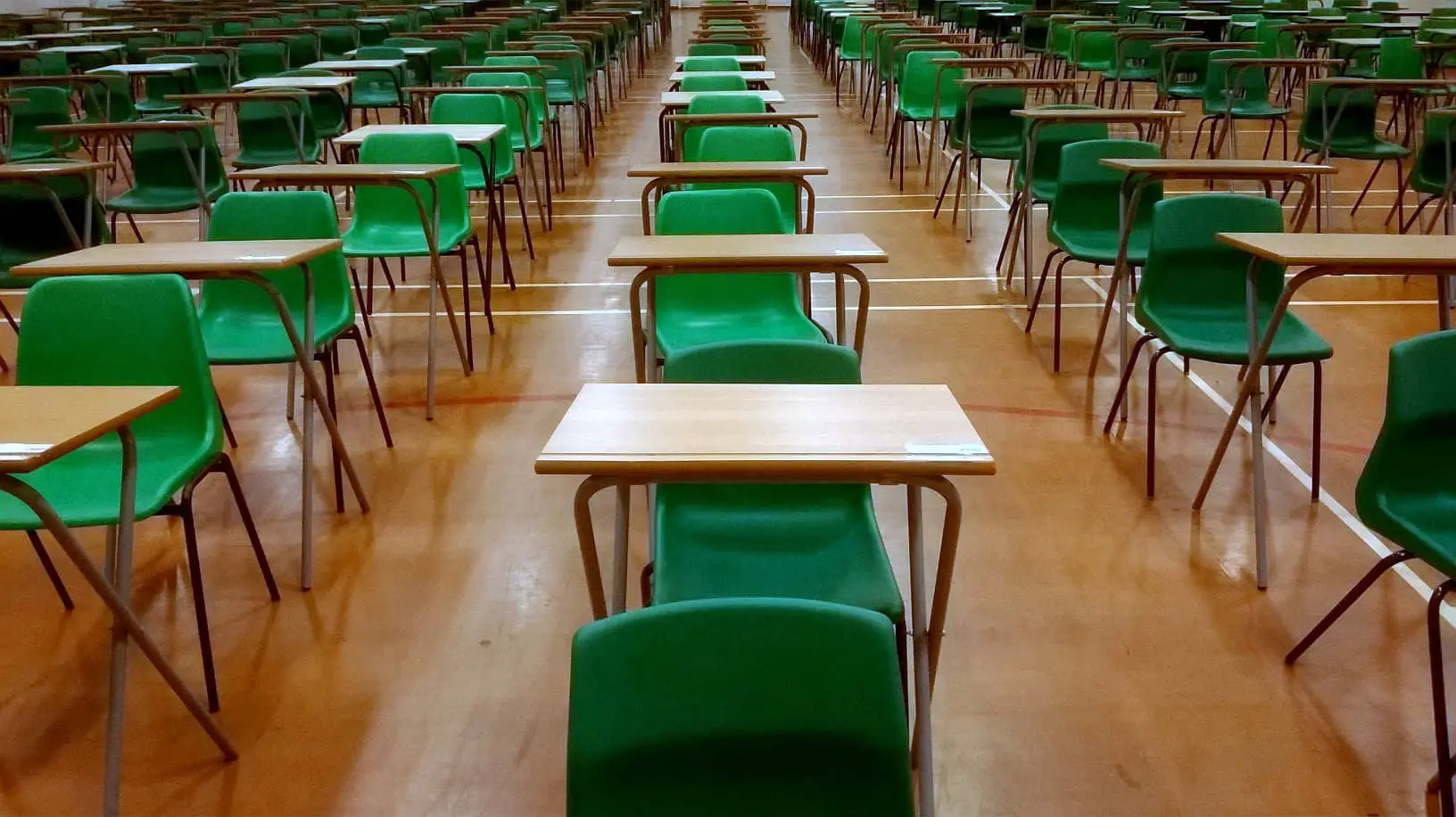The Sutton Trust, an organisation that fights for social mobility from birth to the workplace so that every young person has the chance to succeed in life, has released their latest research highlighting the continuing impact of the pandemic on exams and implication for exam students, especially on university entrance.
Commenting on Sutton Trust research, Peter Shreeve, the Assistant District Secretary of the National Education Union, said,
“The stresses of the pandemic are not over for young people:
- More than a third (34%) of students applying for university this year have missed 11 or more school or college days over the last academic year for Covid related reasons.
- 21% have missed more than 4 school weeks.
“Indeed, this year’s ‘2022’s GCSE pupils haven’t had a full ‘normal’ school year since they were in year 8, while A level students last had the same when they were in year 10’. The Sutton Trust research brief reminds us: ‘this summer’s exams will be the first set of formal exams that those in year 13 have ever sat, as their GCSEs back in 2020 were determined by Centre Assessed Grades’.”
Shreeve: Students from disadvantaged backgrounds most disrupted
The Sutton Trust research shows that it is students from disadvantaged backgrounds whose preparation for A-Levels has been most disrupted.
Mr Shreeve explained,
“The Research Brief confirms the experience of teachers: it is students from disadvantaged backgrounds whose preparation for A Levels has been most disrupted.
“It is these students who will suffer most. They will further be hit as competition for university places, especially top universities, will be fierce. The simple reason – universities are full. Grade inflation from Teacher Predicted Grades over the last two Covid years and a small baby boom in the mid-2000s increased numbers, creating this new rationing of university places.
“It also suggests: Results day this year is likely to be particularly challenging, with many young people potentially needing to adjust plans if they have not met their university offers.
“If seriously committed to levelling up, government would have made stronger attempts to mitigate the effects of Covid on exam preparation. It would have ensured funding to prevent universities from cutting back.”
Next year’s students still impacted
Mr Shreeve finished by saying,
“Although, next year’s exam students will have experienced a more ‘normal’ learning environment, they have still faced considerable pandemic disruption.
“Indeed, students, especially from disadvantaged backgrounds, will still need substantial support as Nick Hillman, director of the Higher Education Policy Institute thinktank, predicts ‘next year’s pressure could well be worse, as there will be more 18-year-olds again’.
“Government’s programme for educational recovery and levelling is inadequate. It is compounding the damage done by the pandemic and will impact negatively on present exam students in the years ahead. The exam students following need better levelling-up support to avoid a predictable reoccurrence next year.”
Image: comedynose under CC BY 2.0





